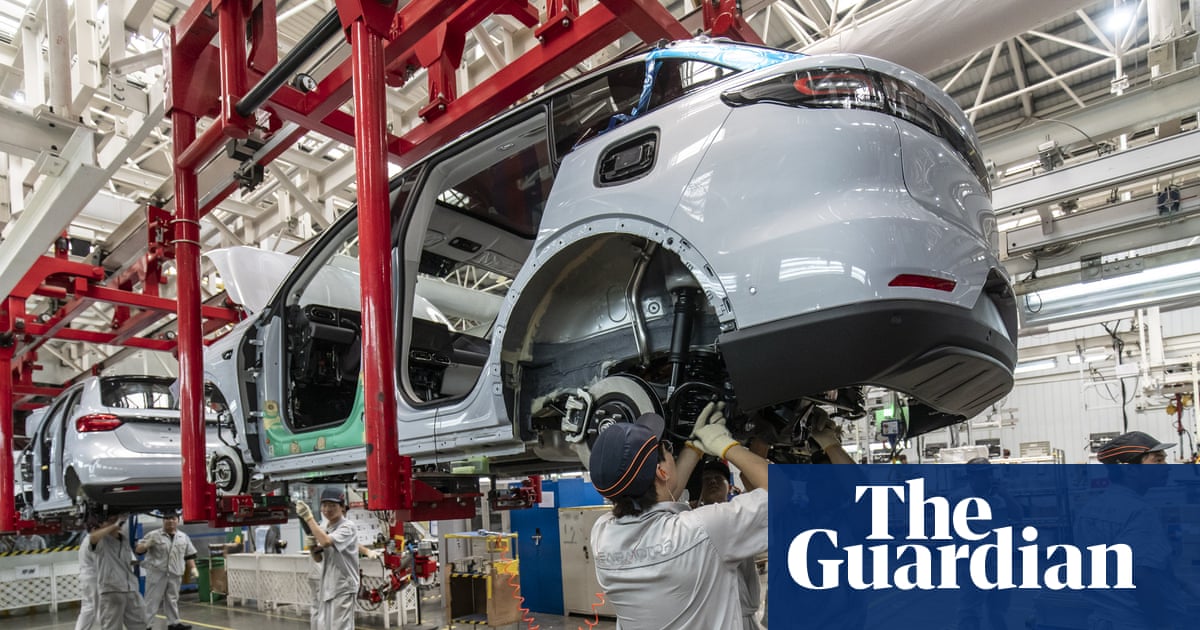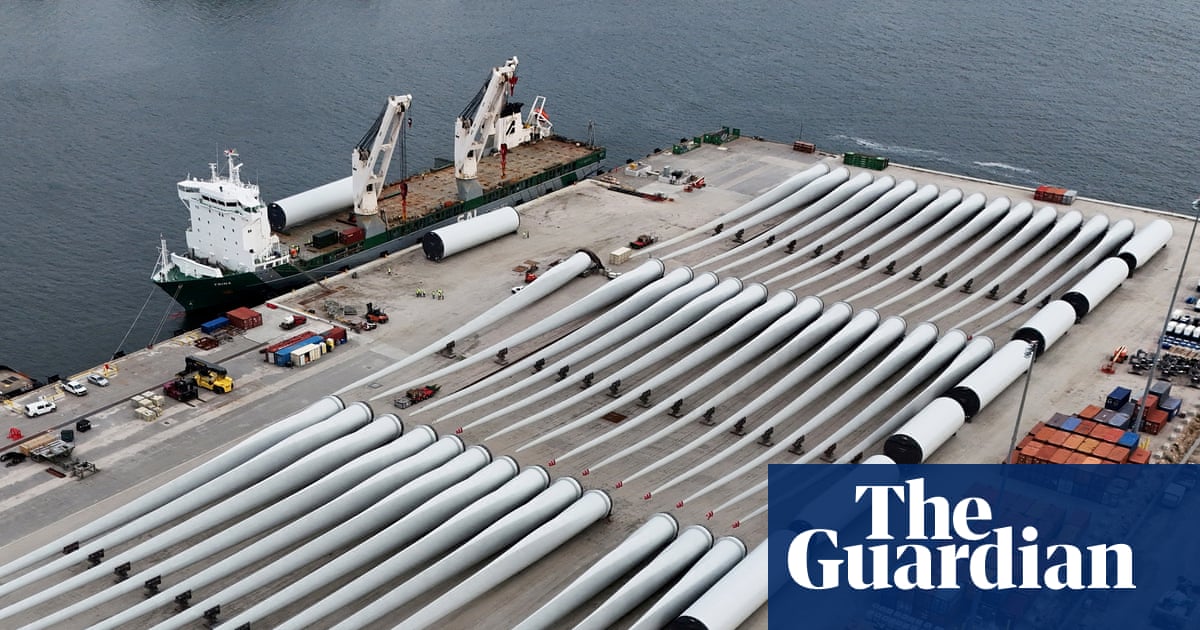fromwww.theguardian.com
5 days agoJudge sides with salmon against Trump administration in hydropower ruling
At the center of the dispute are eight dams and reservoirs on the Columbia and Snake Rivers in the Pacific north-west that have created devastating obstacles for salmon and steelhead unable to breach their deadly turbines or navigate through the large, warm, artificial pools.
Environment






























